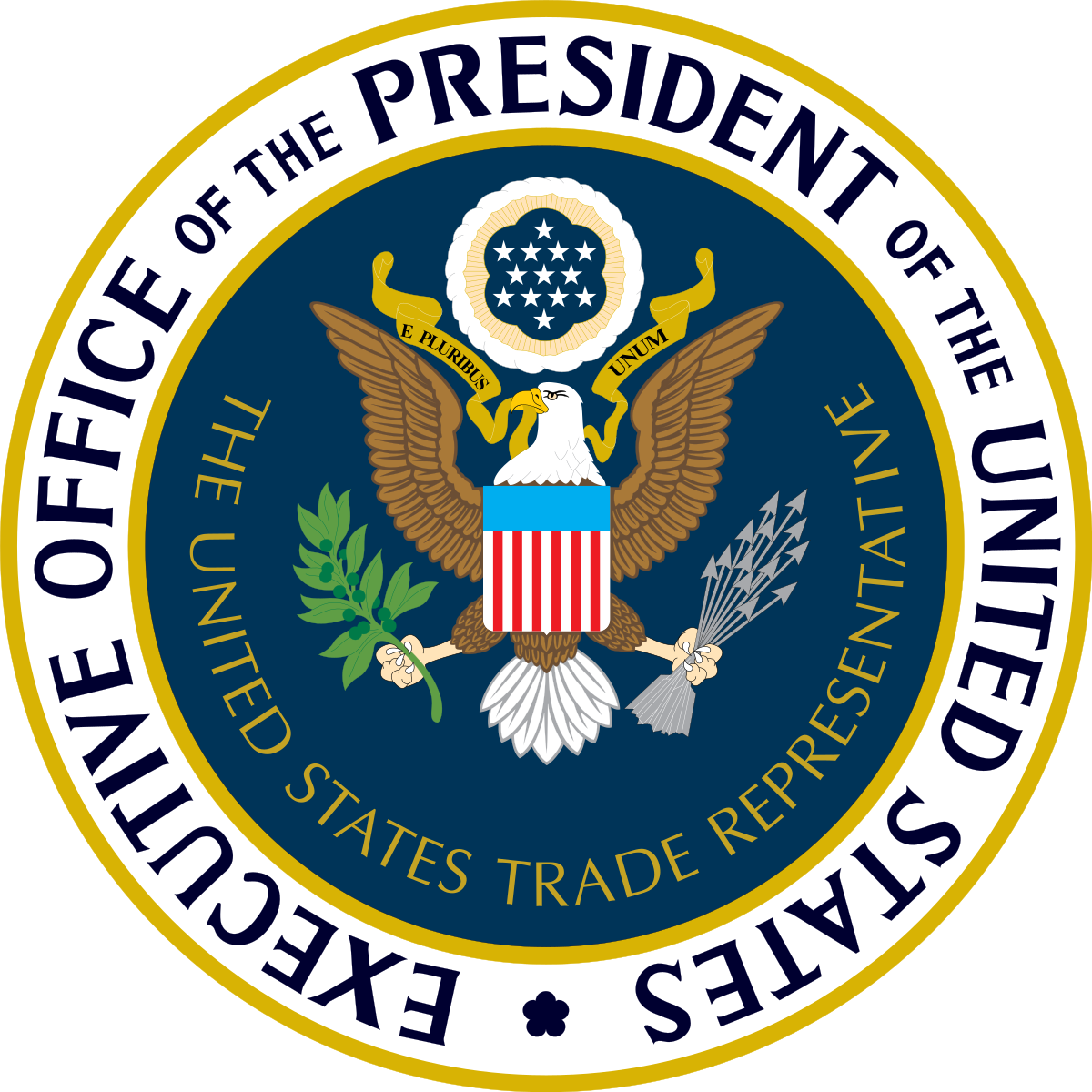
The Office of the United States Trade Representative (USTR) released President Joe Biden’s 2024 Trade Policy Agenda and 2023 Annual Report to Congress on March 1.
The report details the USTR’s work to advance President Biden’s trade agenda, which stands up for workers’ rights and sustainable trade practices; supports U.S. farmers, ranchers, fishers and food manufacturers; bolsters supply chain resilience; addresses unfair policies and practices; and advances inclusive, durable trade policy through expanded engagement.
“Trade is an integral part of our administration’s vision to fundamentally shift our economic policies to focus on strengthening our middle class and working communities,” said Ambassador Katherine Tai. “The 2024 Trade Policy Agenda and 2023 Annual Report include key accomplishments and priorities to realize this vision. We are creating new and innovative trade arrangements with our allies and partners, enforcing existing ones, and bringing more diverse voices to the table — to drive inclusive economic growth for more people across our society.”
Trade Negotiations
The report states that the USTR is implementing the Biden-Harris administration’s economic vision by negotiating historic trade arrangements with U.S. allies and partners:
• U.S.-Taiwan 21st Century Trade Initiative. In June 2023, the United States and Taiwan, under the auspices of the American Institute in Taiwan (AIT) and the Taipei Economic and Cultural Representative Office in the United States (TECRO), signed the first agreement under the initiative, which includes high-standard commitments and economically meaningful outcomes in a number of areas. The United States and Taiwan, under the auspices of AIT and TECRO, will continue negotiating a second agreement covering other economically significant areas.
• U.S.-Kenya Strategic Trade and Investment Partnership. Since launching negotiations in July 2022, the United States and Kenya are continuing discussions on high-standard commitments in a wide range of areas with a view to increasing investment; promoting sustainable and inclusive economic growth; benefiting workers, consumers, and businesses (including micro-, small, and medium-sized enterprises (MSMEs)); and supporting African regional economic integration.
• The Indo-Pacific Economic Framework (IPEF) for Prosperity. The United States and IPEF partners have made considerable and substantial progress on several chapters of the Trade Pillar. The USTR is fully committed to continuing this work to advance the shared vision for a high-standard agreement under the Trade Pillar.
• Americas Partnership for Economic Prosperity. The United States is working with other founding members to enhance economic cooperation in our hemisphere and drive inclusive, people-centered economic growth. Building on the Leaders’ Summit of the Americas Partnership in November 2023, the USTR is working closely with partners to establish a Council on Trade and Competitiveness, which will meet regularly to implement the guidance on trade matters in the East Room Declaration of the Leaders of the Americas Partnership.
U.S.-Mexico-Canada
The report goes on to say that through the United States-Mexico-Canada Agreement (USMCA), the USTR is empowering workers and defending the interests of U.S. energy and agricultural producers.
This includes using the USMCA’s Rapid Response Mechanism to bring tangible benefits to workers, including higher wages, safer working conditions, and reinstatement and backpay to those who were terminated for participating in union activity.
In line with the Biden-Harris administration’s goal of creating economic prosperity for all, the USTR is taking steps to promote equitable, inclusive and durable trade policy, according to the report.

